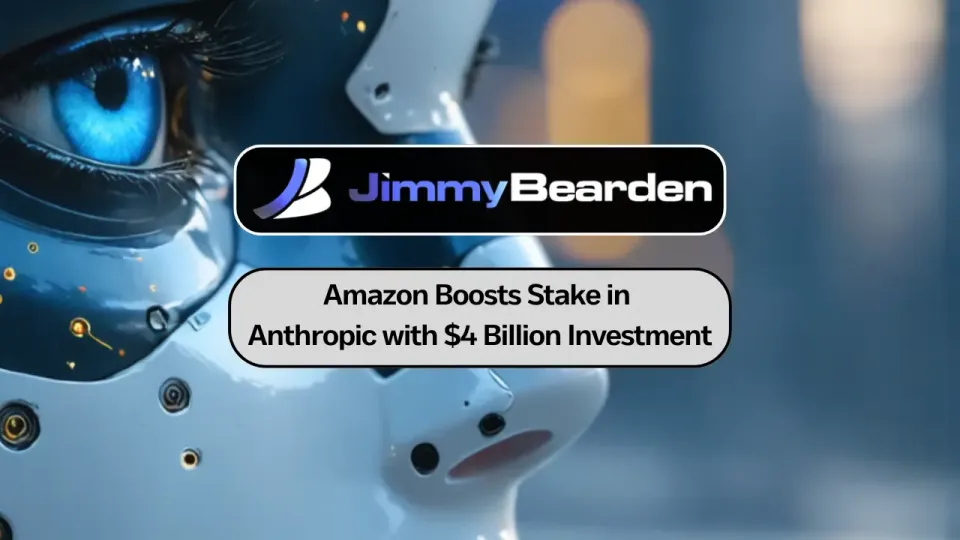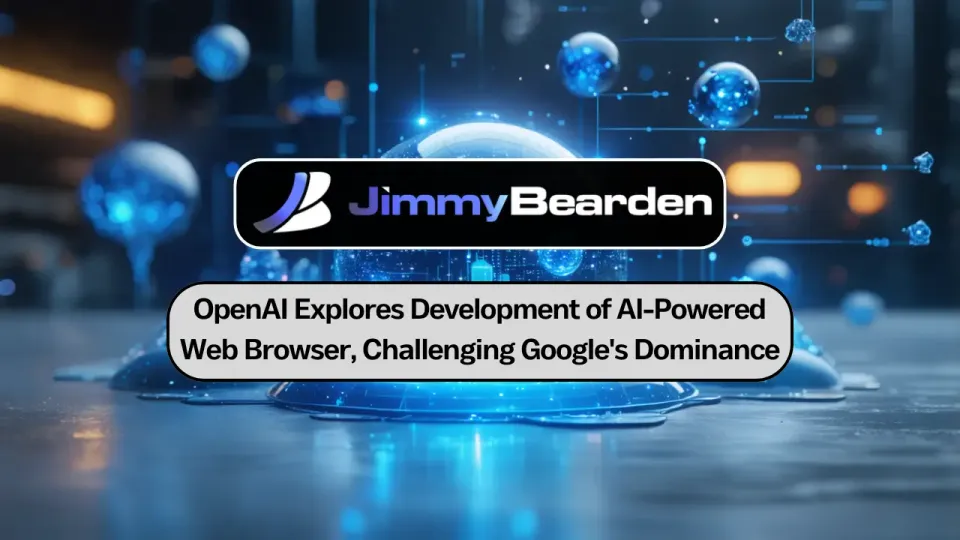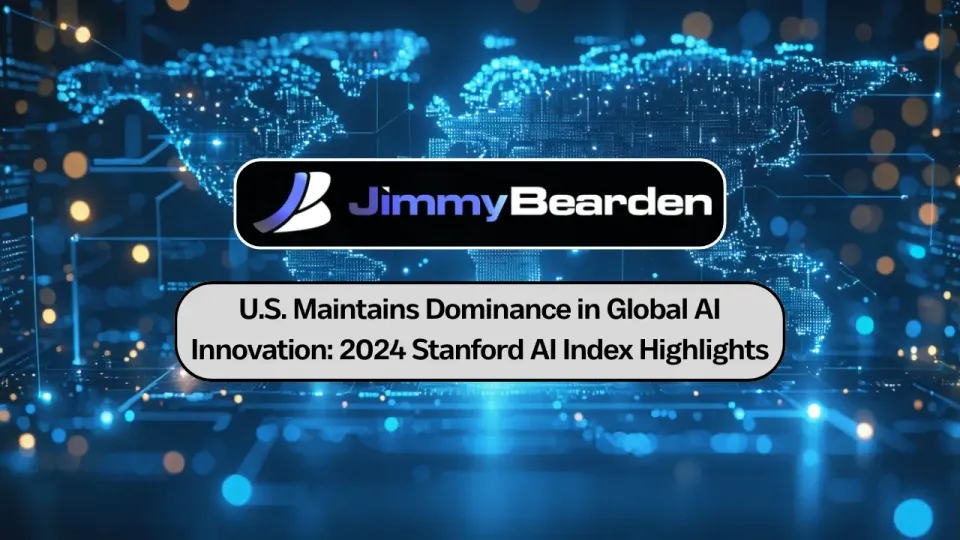OpenAI's Transition to For-Profit: Reshaping the Future of AI Development
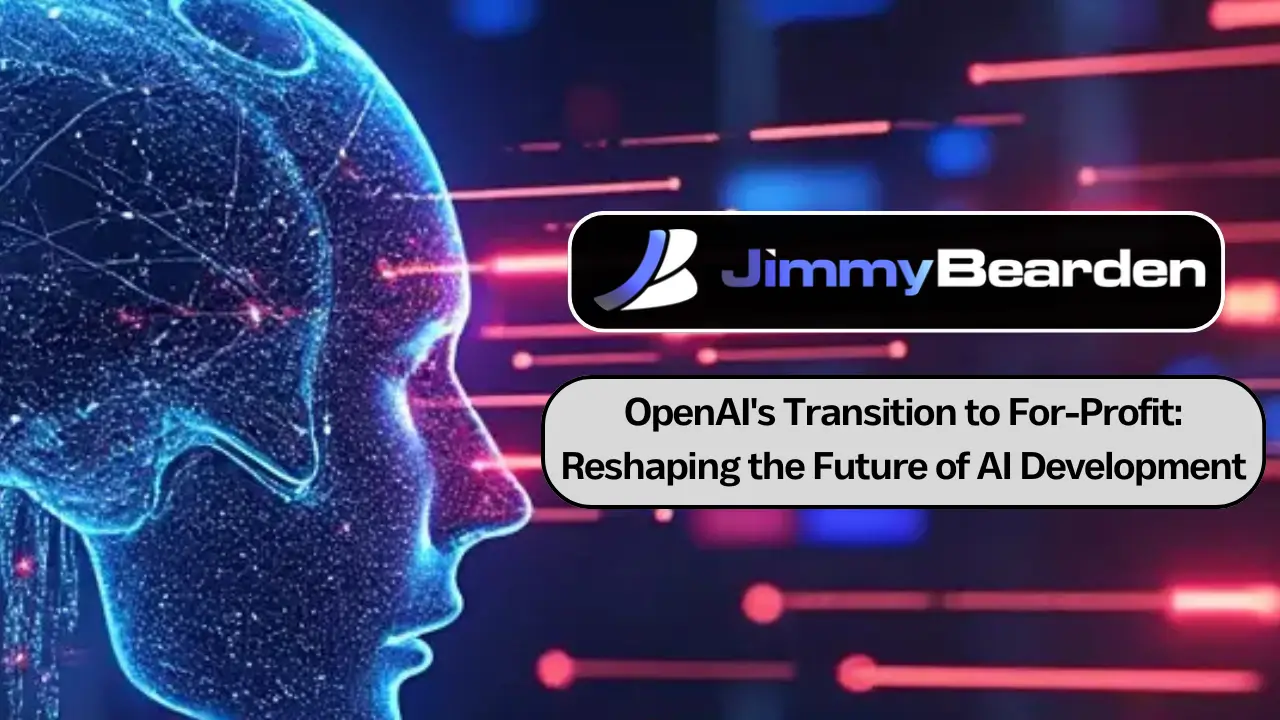
OpenAI's Structural Overhaul: A New Era for AI Development
In a startling turn of events, OpenAI, the pioneer in artificial intelligence research and development, is undergoing a significant transformation. As of September 26, 2024, the company is set to transition from its nonprofit roots to a for-profit benefit corporation, marking a pivotal moment in its history and the broader AI industry. This structural shift brings with it a host of changes that are likely to reshape the landscape of AI development and raise important questions about the future of ethical AI research.
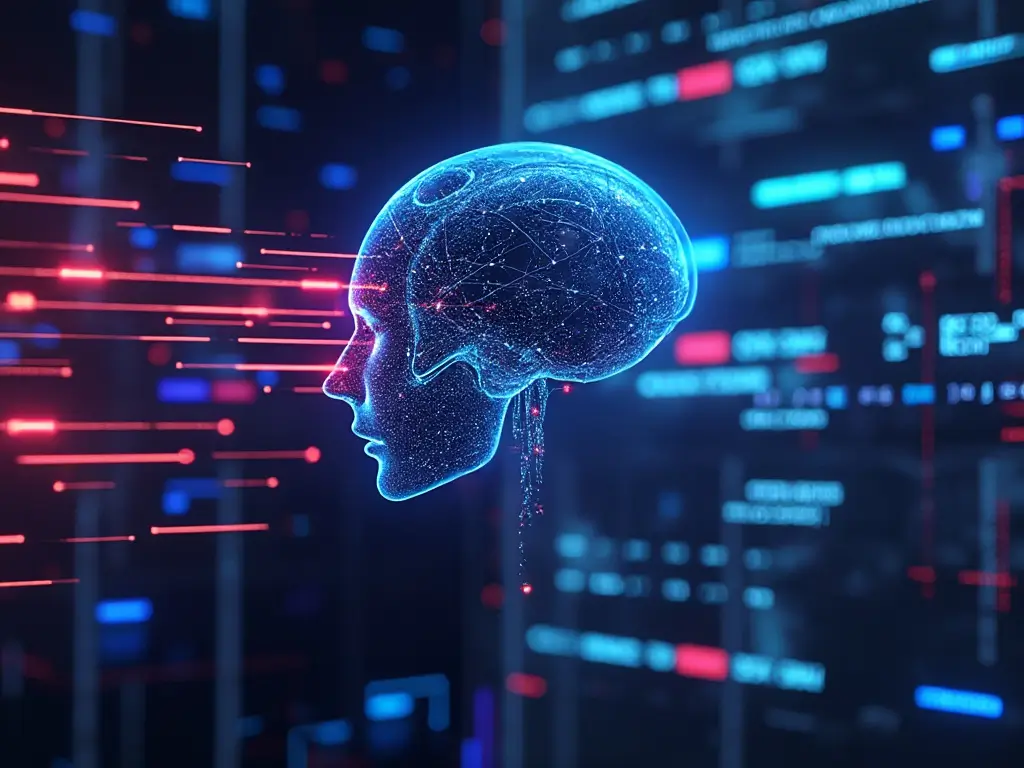
From Nonprofit to For-Profit: A New Governance Model
The most notable change in OpenAI's structure is the move away from its nonprofit board governance. Previously, the company operated under a nonprofit board dedicated to safeguarding humanity's interests in the development of artificial intelligence. Now, OpenAI will function as a public benefit corporation, answerable to shareholders rather than a nonprofit oversight board. This shift in accountability represents a fundamental change in how the company will make decisions and prioritize its objectives moving forward.
As part of this transition, CEO Sam Altman is set to acquire 7% equity stake in the newly formed for-profit entity, OpenAI which is valued at an astounding $150 billion. This move gives Altman significant financial stakes in the company's success and greater control over its direction. While the nonprofit arm of OpenAI will continue to exist, it will no longer have oversight of the for-profit operations, raising questions about how the company will balance its original mission with new profit-driven motivations.
OpenAI's Transition to For-Profit: Reshaping the Future of AI Development
Internal Challenges and External Opportunities
The restructuring has not been without its challenges. The departure of key executives, including Chief Technology Officer Mira Murati, Chief Research Officer Bob McGrew, and Vice President of Research Barret Zoph, has sparked concerns about internal stability and the company's future innovation trajectory. These high-profile exits, coupled with reports of internal turmoil and employee dissatisfaction, suggest that the transition is causing significant upheaval within the organization.
Despite these internal challenges, the move to a for-profit structure is designed to enhance OpenAI's appeal to investors. By removing return caps and offering greater equity opportunities, the company is positioning itself to secure substantial funding, with negotiations underway for a $6.5 billion funding round. This influx of capital could potentially accelerate AI development and allow OpenAI to compete more effectively with other tech giants in the AI space.
However, this structural change has also raised significant ethical and safety concerns. Critics argue that the shift may prioritize rapid product development and profit over the careful, safety-focused approach that has been a hallmark of OpenAI's work. The company now faces the challenge of demonstrating that it can maintain its commitment to developing safe and beneficial artificial general intelligence while operating under a profit-driven model.
As OpenAI navigates this transition, it will need to address not only the internal and ethical challenges but also the legal and regulatory implications of its new structure. The company's unique position as a former nonprofit entering the for-profit world raises questions about resource allocation and transparency. Furthermore, while the restructuring may allow for stronger partnerships with major tech companies, it also puts OpenAI's competitiveness and transparency in the enterprise AI space under scrutiny. The coming months will be critical in determining how OpenAI balances its new corporate structure with its original mission, and how this shift will impact the broader landscape of AI development and ethics.
"Joining this community has been a game-changer for staying updated on the latest trends & events!" - John B.



